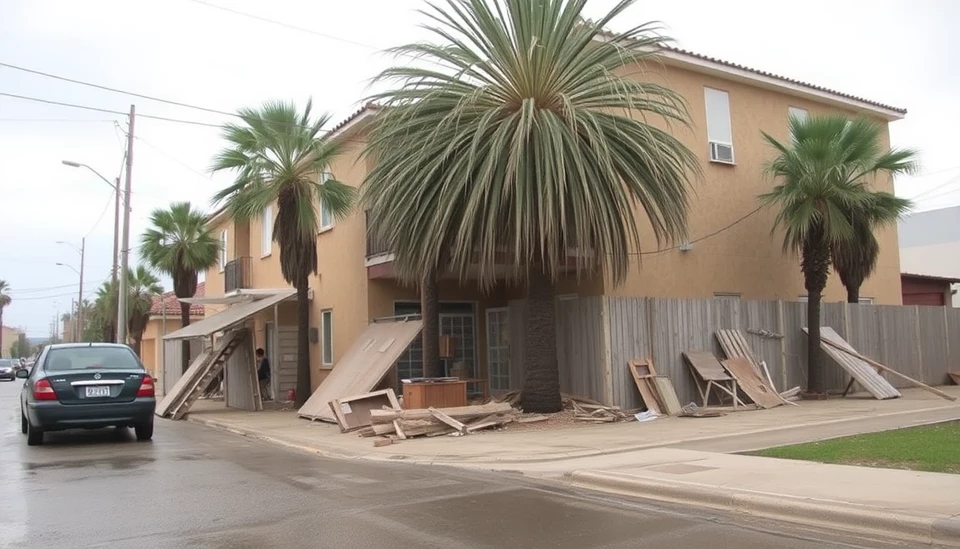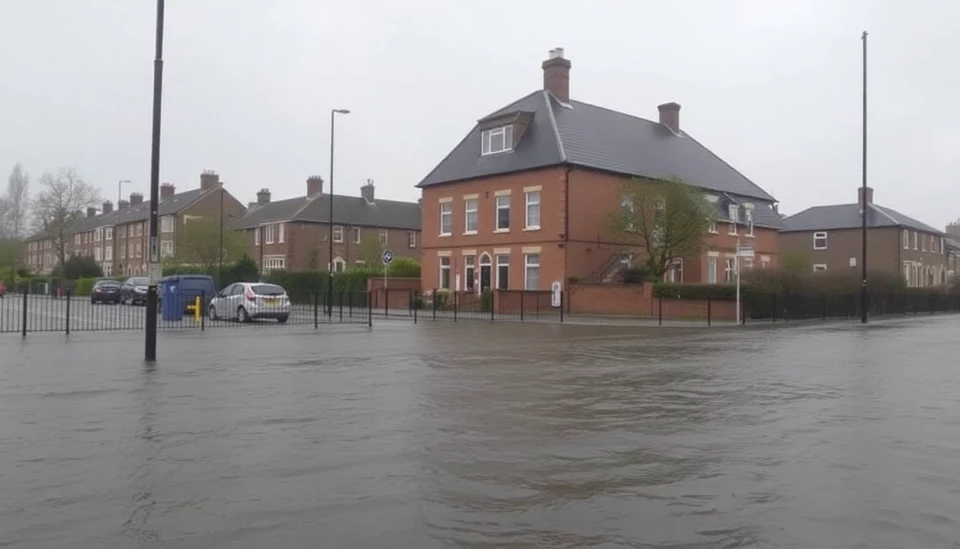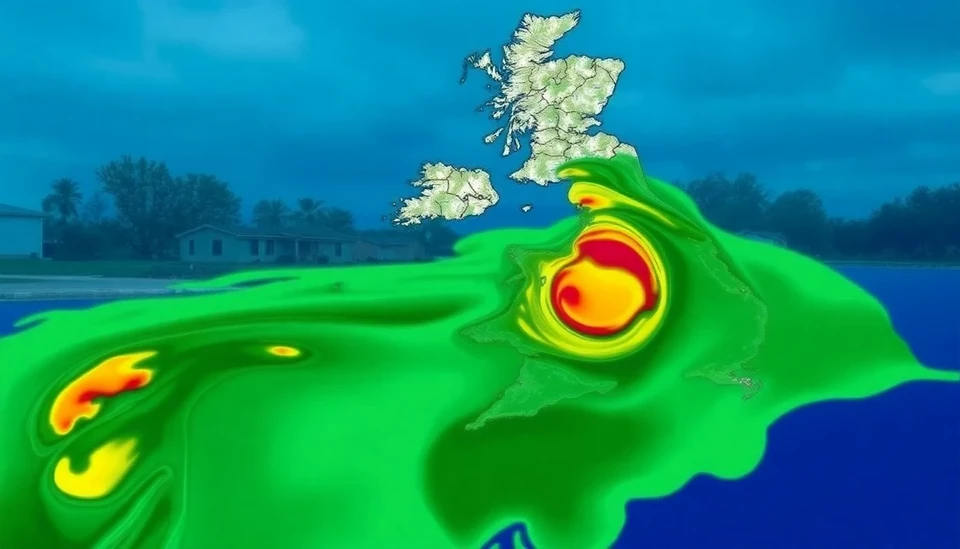
Severe weather conditions resulting from Storm Bert have recently wreaked havoc in Valencia, causing flooding that has raised significant concerns about the region's preparedness and response to climate challenges. The repercussions of this disaster not only affect local communities but also put pressure on political leaders to take decisive action against climate change and improve infrastructure resilience.
As torrential rains poured down, Valencia experienced unprecedented flooding, with water levels reaching alarming heights and crippling essential services. Streets were submerged, public transport was halted, and local businesses faced extensive damage, leading to widespread frustration among residents. This natural disaster has acted as a catalyst, bringing to light the inadequacies in urban planning and emergency response strategies in one of Spain’s most populous regions.
Residents took to social media platforms to express their outrage and despair, highlighting the government’s long-standing lack of effective flood management systems. Many citizens have been vocal about the need for immediate action from their elected officials, emphasizing that such a catastrophe shouldn't be a recurrent theme in the heart of Valencia. With climate change leading to more intense weather patterns, the call for preventive measures and timely interventions is becoming increasingly urgent.
In the aftermath of the storm, political leaders are facing an intense scrutiny regarding their commitment and actions towards environmental policies. Opponents have already begun to leverage this disastrous event as a rallying point, framing it as a failure of governance that could have been mitigated with adequate investment in infrastructure and disaster preparedness. Local elections are on the horizon, and this emerging narrative could substantially influence voter sentiment.
As authorities begin assessing the damage, they must also navigate the political landscape that could shift dramatically. The current administration's strategy regarding climate resilience and disaster management will be closely monitored. If they fail to respond adequately to the needs of the affected populace, it could jeopardize their position in the upcoming electoral cycle.
This series of events serves as a stark reminder that the ongoing climate crisis is not just an environmental concern but a pressing political issue as well. Politicians are now tasked with bridging the gap between short-term recovery efforts and long-term sustainability policies that can safeguard communities against future climate-related disasters.
Meanwhile, discussions surrounding climate adaptation strategies have gained momentum. Experts are calling for holistic reforms that involve upgrading existing infrastructures, investing in greener technologies, and fostering partnerships between government bodies, community organizations, and the private sector. The involvement of local stakeholders is crucial for fostering trust and executing effective resilience plans tailored to the unique challenges faced in Valencia.
Ultimately, the devastation caused by Storm Bert may prove to be a transformative catalyst for Valencia—one that pushes political leaders to prioritize the realities of climate change and strive for tangible policies that will protect their constituents in the long run. The people of Valencia are increasingly looking for accountability and action as they seek to rebuild from this calamity.
#StormBert #ValenciaFlooding #ClimateChange #PoliticalResponse #InfrastructureResilience #LocalGovernance #DisasterPreparedness #SpanishPolitics
Author: Megan Clarke




